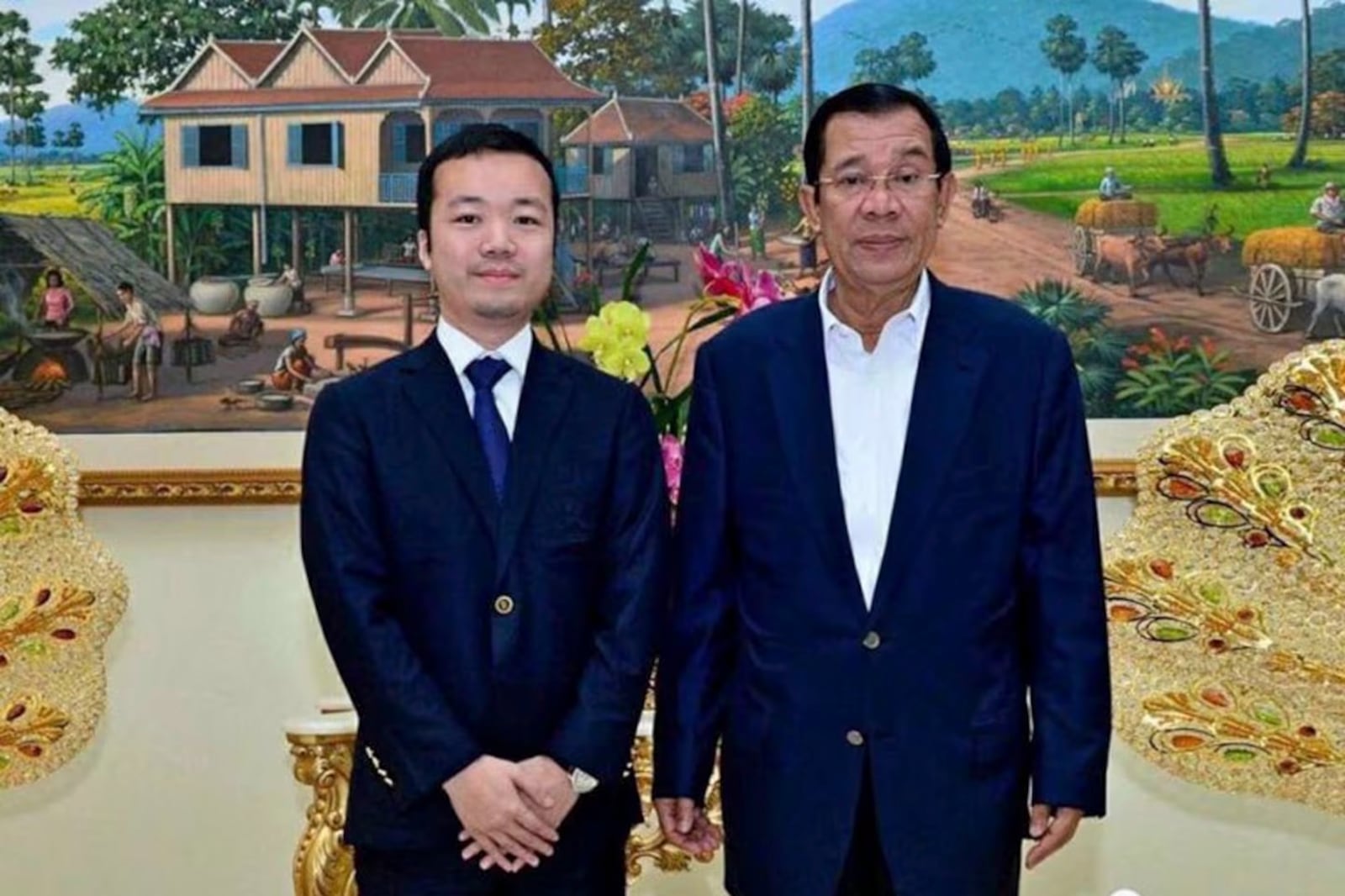Embattled former lawmaker Elizaldy Co is attempting to come clean on the corruption allegations against him, admitting to inserting around P100 billion while also claiming it was done under President Ferdinand “Bongbong” Marcos Jr. and former House Speaker Martin Romualdez’s orders.
In a video sent to reporters on Friday, November 14, Co accused the administration of “exhausting all resources” to use him as a scapegoat in its anti-corruption campaign and that if he started talking, he would likely get shot.
“Ginagamit ng administrasyon ang buong resources ng bansa para tumahimik ako — that he will shoot me if I will talk and gagamitin ako bilang panakip butas sa kanilang kampanya laban sa korapsyon,” he said.
(The administration is using all the country’s resources to silence me — that he will shoot me if I speak, and that they will use me as a scapegoat for their anti-corruption campaign.)
Co has been out of the country since July 19 for his medical check-up. He said he had plans on returning after Marcos’ State of the Nation Address (SONA) on July 28, but was immediately called up by Romualdez not to return just yet.
According to him, Romualdez’s message was along the lines of: “Stay out of the country; you will be looked after as the president instructed.” It was during this address that the president first ordered the investigations into anomalous flood control projects.
Co said he believed Romualdez at first, which is why he kept quiet and obeyed. What he didn’t know, he said, was that to be “taken care of” meant to be used as a fall guy instead.
“Ginawa nila akong poster boy ng kanilang sariling kasinungalingan. Ngayon hindi na ako mananahimik. Ilalabas ko ang lahat ng katotohanan — may resibo, may ebidensya at may pangalan,” he added.
(They made me the poster boy of their own lies. Now I will no longer stay silent. I will reveal everything — with receipts, with evidence, and with names.)
Throughout the video, however, Co only insisted he was not the mastermind behind the mangled budget.
What Co says happened
In the five-minute video, Co recounted the events from his perspective. He said it began with a call from Budget Secretary Amenah Pangandaman in late 2024, when the bicameral conference process started. He said Pangandaman told him that the president had ordered the insertion of P100 billion in projects.
Co said Pangandaman even advised him to confirm the instruction with Usec. Adrian Bersamin of the Presidential Legislative Liaison Office. Bersamin confirmed it with Co, since he was also in the same meeting as Pangandaman and Marcos, the former lawmaker said. Co then called Romualdez to relay the president’s directive, only to be told to comply with the order.
“Right after our conversation, tinawagan ko po si dating Speaker Martin Romualdez at nireport ko ang instruction ng presidente to insert P100 billion projects at sinabi niya sa akin, ‘What the president wants, gets,'” Co said.
A meeting was later held in a Malacañang building with Pangandaman, Bersamin, House Romualdez and Department of Justice Usec. Jojo Cadiz. During the meeting, Co said Bersamin handed a list of projects worth P100 billion, which Cadiz said came directly from Marcos.
The list was delivered in a “brown leather bag,” which Co said reminded him of a time after the 2022 elections when he was with Romualdez and Marcos at the Hilton Hotel in Singapore. Right when they were about to return to the Philippines, Co said he remembers the president instructing his security not to forget a brown leather bag.
When working on the P100 billion insertion, Co said he asked Pangandaman and the others if only P50 billion could be added to the Department of Public Works and Highways (DPWH) budget, arguing that a higher amount would surpass the education budget.
He said he was instead instructed to place the remaining P50 billion in the unprogrammed funds for the 2025 budget, “since it falls under the Office of the President,” which is also the office responsible for releasing the funds.
How much was misappropriated? Co’s office also gave a list of infrastructure projects that amounted to roughly P81.08 billion, and other programs, including the 2026 ASEAN Summit, which amounted to around P18.76 billion.
Since then, he said he was told that all of the P100 billion should be added to the budget because it was “promised by Speaker Martin,” and cannot be changed.
This is why Co said he finds it hard to accept Marcos’ statements denying involvement in the budget, when what he knows is that the budget department generally seeks the president’s approval.
The video is reportedly just the first of two parts, with the second still unreleased.
So far, Palace press officer Claire Castro, Presidential Communications Office Acting Secretary Dave Gomez and Pangandaman have rejected his claims. Castro outright called them lies during a press conference on Friday afternoon.
Co under fire beyond budget issues
While Co is technically admitting to facilitating budget insertions during the bicameral conference for the 2025 budget, he also faces allegations of receiving kickbacks from flood control projects, in addition to his connections with top contractors.
These public works projects have been under investigation by the Senate and the Independent Commission for Infrastructure, with many reportedly involving substandard materials or existing only on paper.
Co already has complaints filed against him with the Office of the Ombudsman and is expected to face formal charges soon.
PS. The original article on Micro News is submitted by 3rd party, read it at your discretion.




